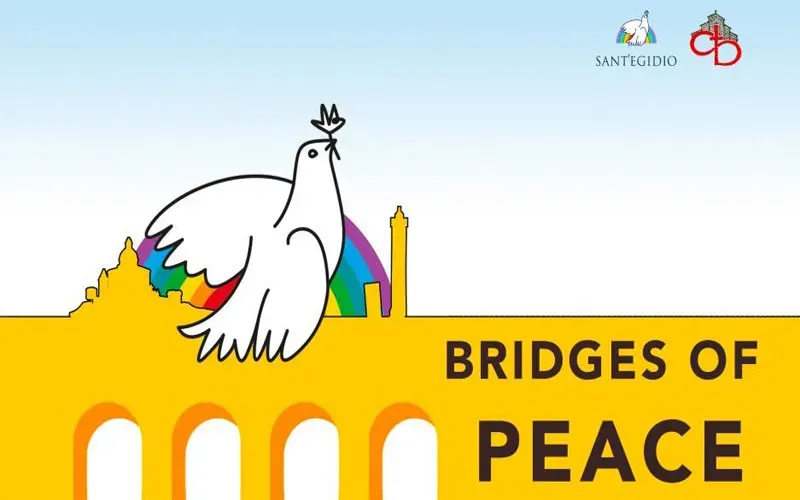In a joint declaration issued on March 8, representatives of R-TGONU SSOMA agreed to recommit to CoHA, the Rome Declaration and the Rome Resolution, which would constitute the basis for subsequent political dialogue.
The leaders further agreed to “abstain from any form of violence against civilians including sexual and gender-based violence and duly investigate in a timely manner and hold those responsible to account.”
Meanwhile, the Coalition for Advocates of South Sudan (CASS), an entity that seeks to help establish a just and lasting peace in South Sudan, has reiterated the aspirations of the South Sudanese people, which came to the fore in the 2017-2020 National Dialogue that was convened by the country’s President, Salva Kiir.
At the end of the dialogue, participants concluded that South Sudan is a failed state and blamed the crises in the country on the failure of political leadership and the state.
They call on both President Kiir and opposition leader Dr. Riek Machar to step aside from leadership and politics for failing to show “moral leadership” and political will necessary to break the political deadlock.”
(Story continues below)
“Neither President Kiir nor First Vice President Machar has displayed moral leadership or the political will necessary to break the political deadlock, which they created,” CASS officials say in a brief summary that captures what the people said in the dialogue.
They add, in reference to President Kiir and Dr. Machar, “They have permanent political differences and personal hatred towards one another. Thus, they have created a political deadlock in the country, and have neither the will nor moral leadership to move beyond personal grudges and egos.”
The community of advocates adds, “It is obvious that this government cannot deliver peace, security, or stability which the country desperately needs. We must courageously admit that South Sudan as a state has failed by all measures.”
The civil society group points out the ills affecting South Sudan, including ethnic politics in which certain groups of people have been targeted as well as graft in the management of resources, noting that by 2019, South Sudan was ranked the second most corrupt country in the world. To date that has not improved, CASS officials say.
In an array of demands, the people of South Sudan want immediate focus to be placed on the unification of the army, the establishment of the permanent constitution, preparations for the country’s elections, and the return and resettlement of IDPs and refugees, according to CASS officials.
Concerning the country’s elections, the people want neither President Kiir nor Dr. Machar to take any part in the elections, they say in their latest report.
“Both must leave politics,” CASS officials say in reference to the people’s demands concerning the country’s President and opposition leader.
They add, “None of the four current vice presidents may take part in the coming elections, although they may participate in future elections.”
The people further demand that national elections in the country be conducted under the auspices of the United Nations, the African Union, and IGAD to prevent controversy over the results and a risk of relapse to war.
Agnes Aineah is a Kenyan journalist with a background in digital and newspaper reporting. She holds a Master of Arts in Digital Journalism from the Aga Khan University, Graduate School of Media and Communications and a Bachelor's Degree in Linguistics, Media and Communications from Kenya's Moi University. Agnes currently serves as a journalist for ACI Africa.








